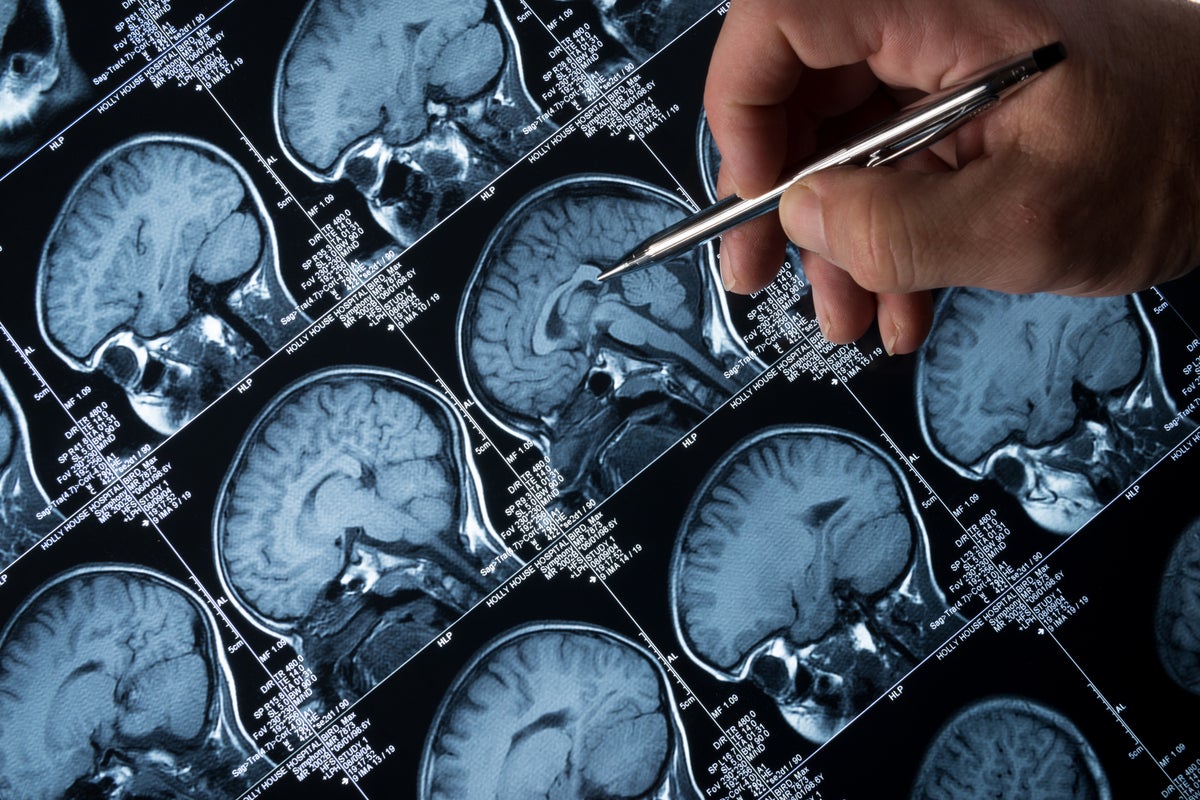Signs of Alzheimer’s disease could be detectable in the blood as early as middle age, a study has found, raising hopes that routine tests could eventually help identify those at risk of the condition long before memory problems appear.
A large Finnish project, which is part of the long-term ‘Cardiovascular Risk in Young Finns’ study, found elevated levels of brain-related biomarkers in adults aged 41 to 56, suggesting that biological changes linked to Alzheimer’s begin decades before symptoms usually arise.
The study also reported that a parent’s biomarker levels, particularly in mothers, may be associated with similar patterns in their children, highlighting a potential hereditary component.
A total of 2,051 individuals took part in the study: 1,237 were middle-aged adults aged 41 to 56, and 814 were their parents aged 59 to 90. The study was conducted by researchers at the University of Turku and published in The Lancet’s ‘Healthy Longevity’.
“In clinical practice, detecting beta-amyloid pathology associated with Alzheimer’s disease currently requires imaging studies or cerebrospinal fluid sampling,” said Suvi Rovio, senior researcher at the Research Centre of Applied and Preventive Cardiovascular Medicine at the University of Turku.
“However, recently developed ultrasensitive measurement technologies now allow the detection of Alzheimer’s disease-related brain biomarkers from blood samples.”
Researchers found that certain factors, such as increasing age and kidney disease, were associated with higher levels of biomarkers even before cognitive decline set in.
They also found that the APOE ε4 gene, a known genetic risk factor for Alzheimer’s, was linked to higher biomarker levels in older individuals – although it did not yet appear to influence levels in those under the age of 60.
But the researchers cautioned that blood tests are not yet suitable for diagnosis.
“In order to reliably use blood-based biomarkers for Alzheimer’s disease diagnosis in the future, more research is needed across different populations and age groups to standardise reference values,” Ms Rovio said.
Marja Heiskanen, another senior researcher involved in the project, said the findings offer new insight into brain health from middle age onwards.
“Until now, brain biomarkers associated with Alzheimer’s disease have mainly been studied in older individuals. Our study provides new insights into biomarker levels and associated factors starting from middle age,” she said.




